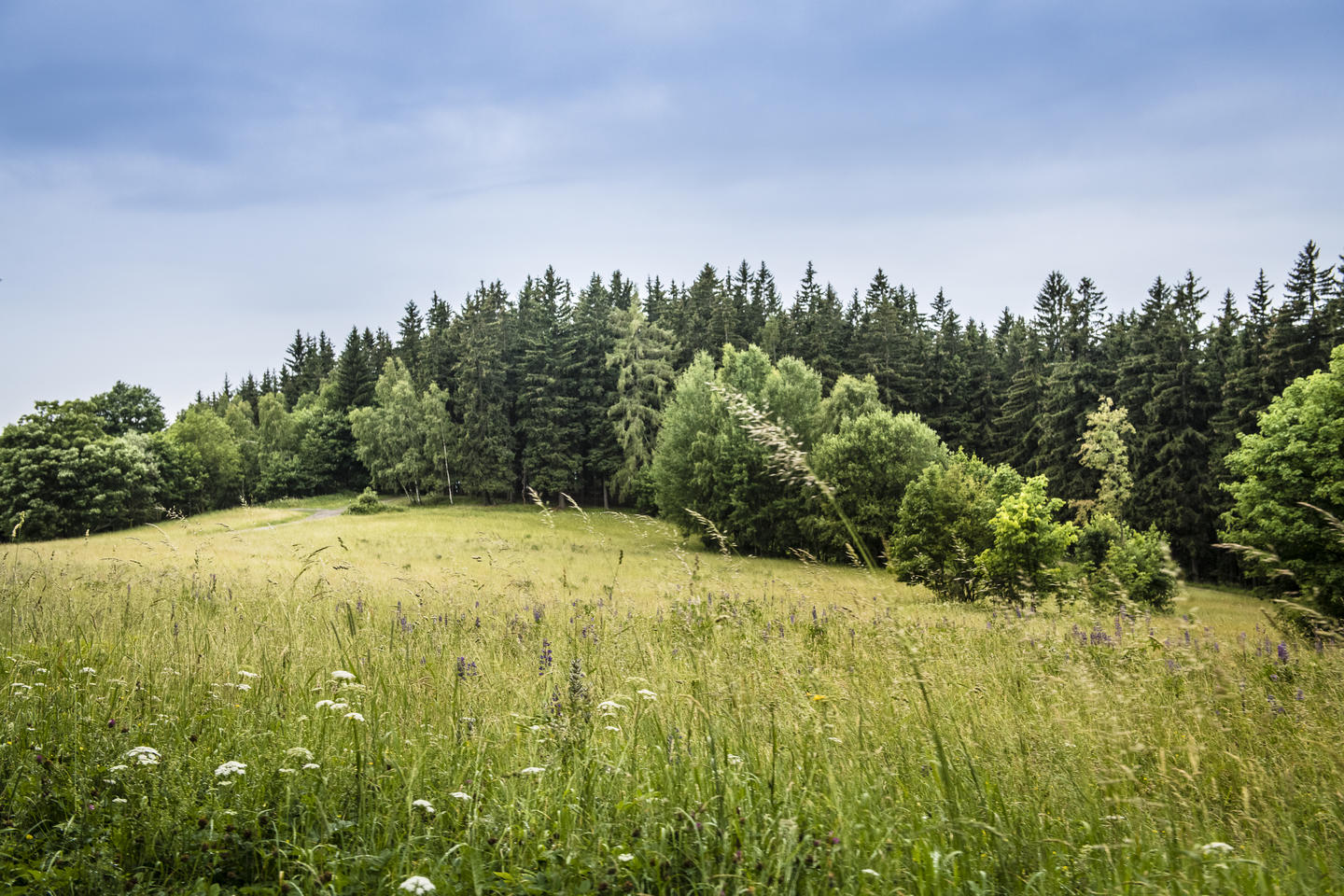Key information about the programme
- The programme is operated by: The Romanian Ministry for Environment
- The Donor Programme Partner in this programme is: The Norwegian Environment Agency (NEA).
- The programme’s objective is: Improved environmental status in ecosystems and reduced adverse effects of pollution and other human activities
- The programme funding amounts to € 20 million (excluding co-financing) and is funded entirely by the EEA Grants.
Why is the programme needed?
The natural capital – our ecosystems, biodiversity and natural resources – underpins economies, societies and individual well-being. However, the values of its many benefits are often overlooked. The steady loss of forests, soils and wetlands is closely tied to this economic invisibility. So too are the losses of species and of productive assets, driven partly by ignoring values beyond the immediate and private. Missed opportunities to invest in this natural capital contribute to the biodiversity crisis that is becoming more evident and more pressing by the day. The degradation of soils, air, water and biological resources can negatively impact on public health, food security, consumer choice and business opportunities. An improved understanding and quantitative measurement of biodiversity and ecosystem values to support integrated policy assessments are a core part of the long-term solution of preserving the natural capital.
In Romania there is need to improve adaption planning on regional and local scale due to funding gaps. Consequently, a focus on enhancing knowledge on the following subjects would be beneficial; (1) local climate knowledge and extreme events climate impacts, vulnerability analysis and risk assessment; (2) climate change awareness of local administration and communities; (3) the clustering of research and innovation activities on climate change impacts, vulnerabilities and adaptation in different sectors, also in relation to long-term risk reduction from extreme weather events; (4) institutional capacity and networking for climate change policies and adaptation plans of local administration for decision makers support.
Another challenge for Romania is the need, as a Member State of the European Union (EU), to ensure it implements the EU strategies and legislations regarding the Environment. The EU Biodiversity Strategy to 2020 calls on Member States to map and assess the state of ecosystems and their services in their national territory. In order to halt and reverse loss of biodiversity, it is essential that the monetary value provided by the ecosystems to cater for a strategy that ensures sustainable development and prosperity for present and future generations is recognised. Improved and faster implementation of new and existing legislation and a higher awareness level among the population is required to ensure sustainable growth and use of resources. Therefore, the proposed Programme shall contribute to coherent implementation of EU regulations.
What will the programme achieve and who are the beneficiaries?
The Programme is expected to increase the knowledge and responsibility related to assessment of ecosystems, improve the status of species and habitats and lead to a better acceptance of biodiversity conservation by local stakeholders. Restoration projects will contribute to the long-term maintenance of extremely fragile habitats, while at the same time help reduce the release of carbon dioxide and methane into the atmosphere, thus reducing the effects of climate change.
The measures, activities and initiatives for chemicals risk management will facilitate and enhance institutional capacity to reduce adverse effects of pollution and other human activities through improved control of hazardous chemicals. The beneficiaries of this programme are public authorities at both local and national level, the industry, public institutions, universities, civil society and the public at large.
The programme will consist of one pre-defined project, three calls for proposal and a small grants scheme. The pre-defined project involves mapping of ecosystem services, evaluation of ecosystems status and their capacity to provide ecosystem services, estimation of monetary values associated to ecosystems and a development of a pilot decision-support system. The calls aim to restore at least 30 degraded and drained peatland ecosystems, improve capacity to manage and address the risks from hazardous substances and increase capacity at local level to mitigate and adapt to climate change. The small grant scheme aims, through its training program, to increase the capability of the custodians and administrators to perform economic evaluations of the ecosystem services which may be affected by the implementation of other projects in the protected areas. The small grant scheme will also inform and create awareness among the decision-makers and stakeholders with regards to the value of the ecosystem services.
How will the programme strengthen bilateral relations?
The EEA Grants’ Environment-programme in Romania will contribute to experience-sharing and promote dialogue and cooperation in areas of mutual interest to Romania and the Donor states. Partnership projects between Romania and Donor entities is actively encouraged and facilitated. The Donor Programme Partner, the Norwegian Environment Agency, provides advice on the preparation and implementation of the programme.
Availability of funding through open calls
The funding in this programme will be made available through the following open calls - dates are tentative and subject to change:
- Call 1 Restoration of wetlands and peatlands: First quarter 2020
- Call 2 Risk management measures to reduce contaminated orphan sites and landfill: First quarter 2020
- Call 3 Implementation of adaptation and mitigation plans in municipalities: Third quarter 2020
- Small grant Scheme 1 Development of adaptation and mitigation plans in municipalities: First quarter 2020
Download the full programme agreement for more detailed information about the programme.
More information can also be found on the website of the EEA Grants in Romania and the website of the Norwegian Environment Agency.
